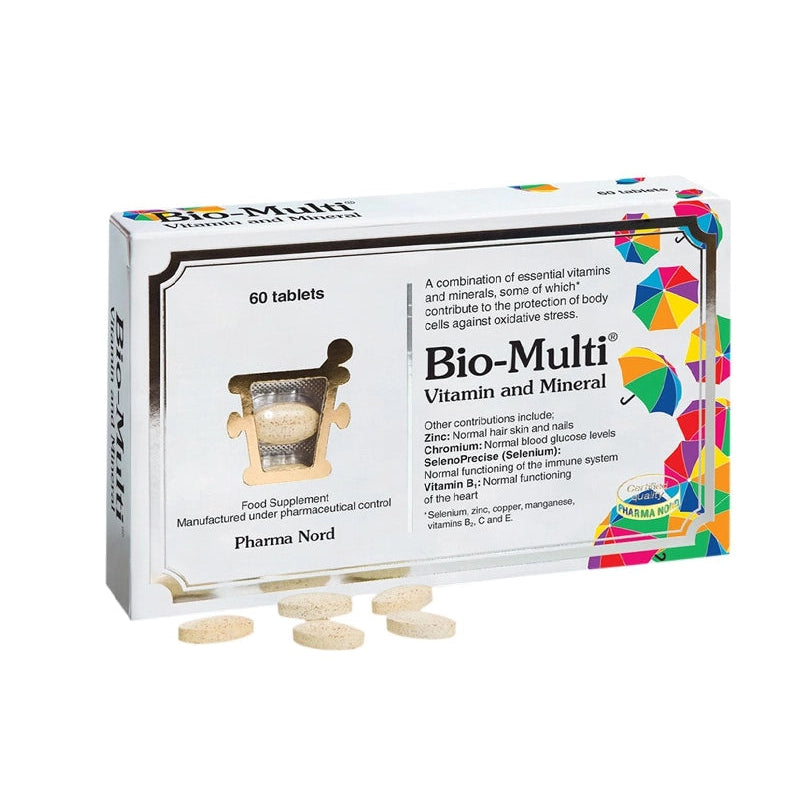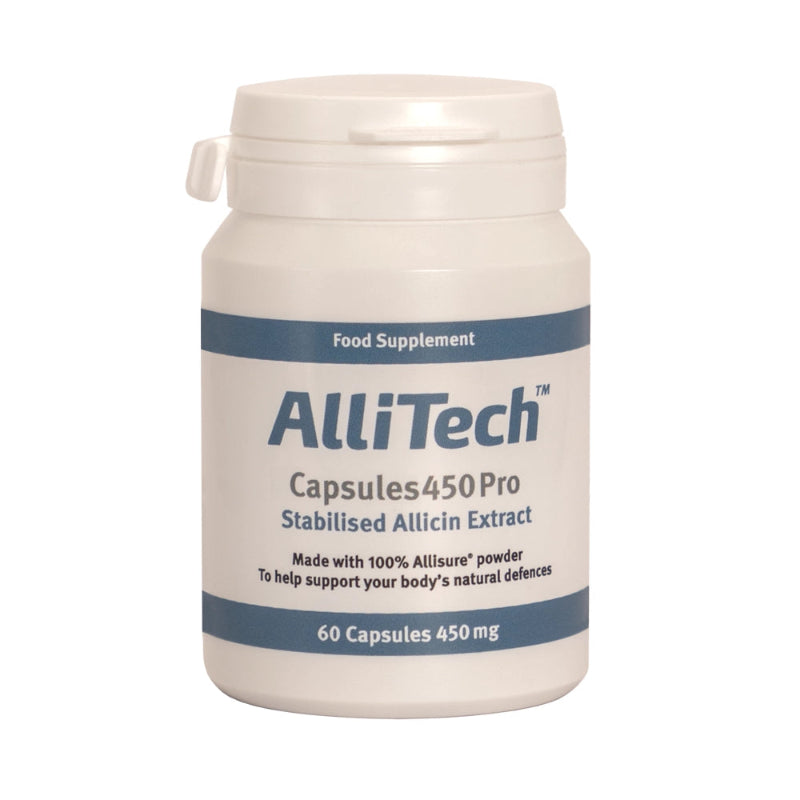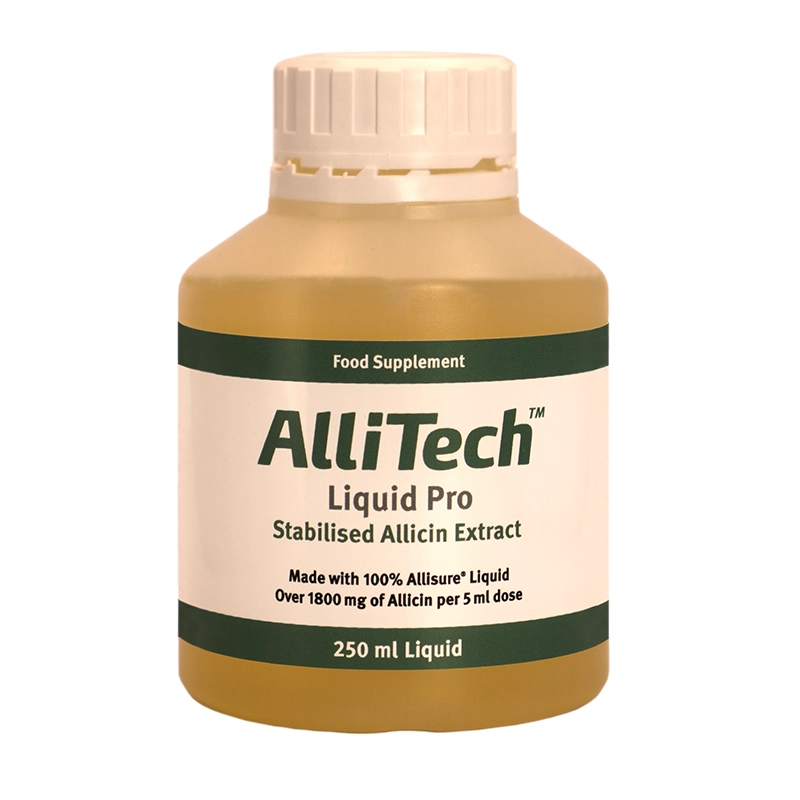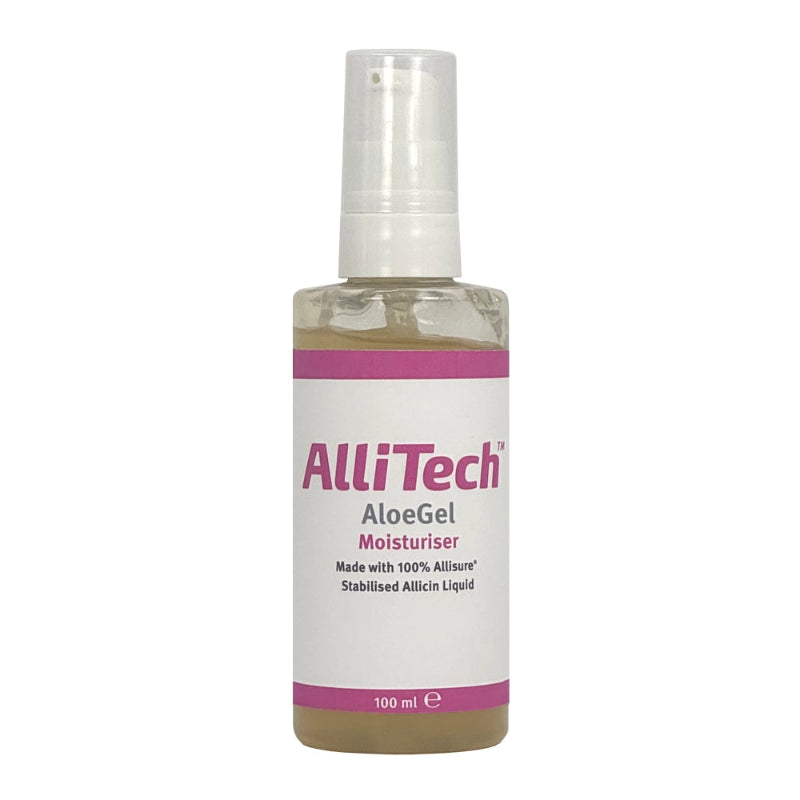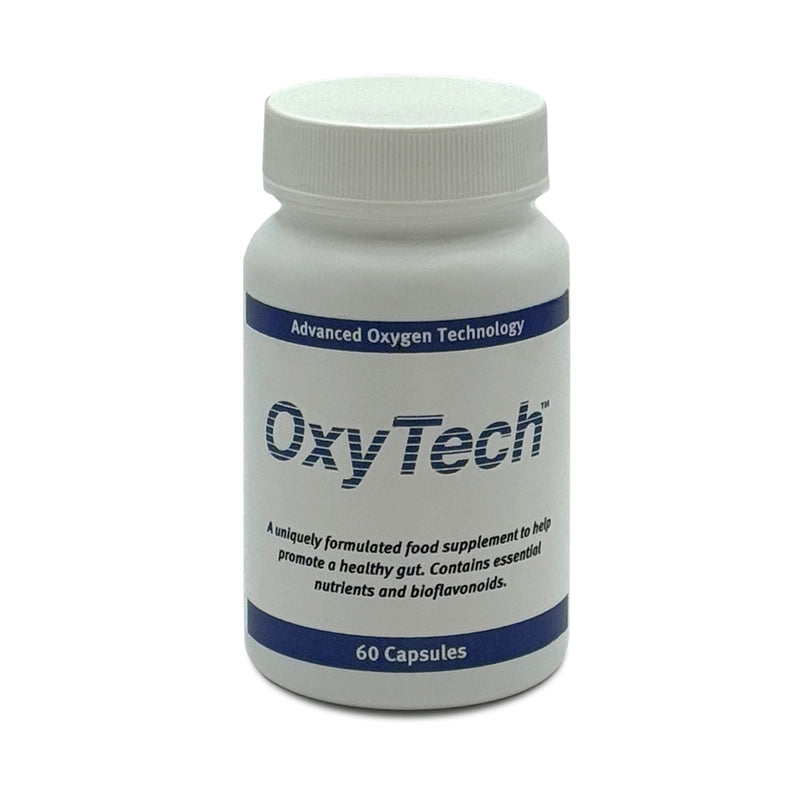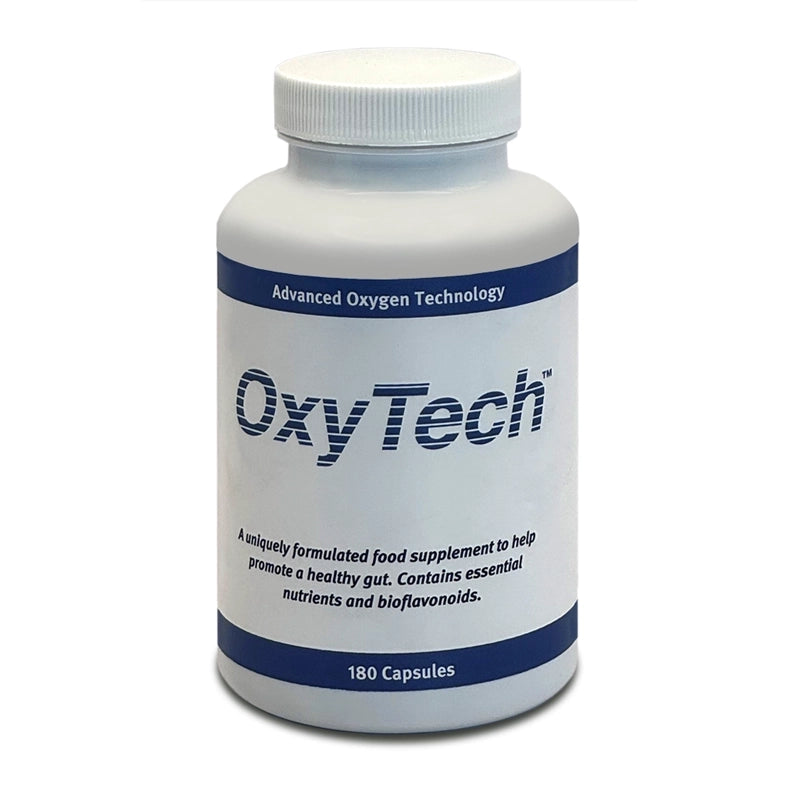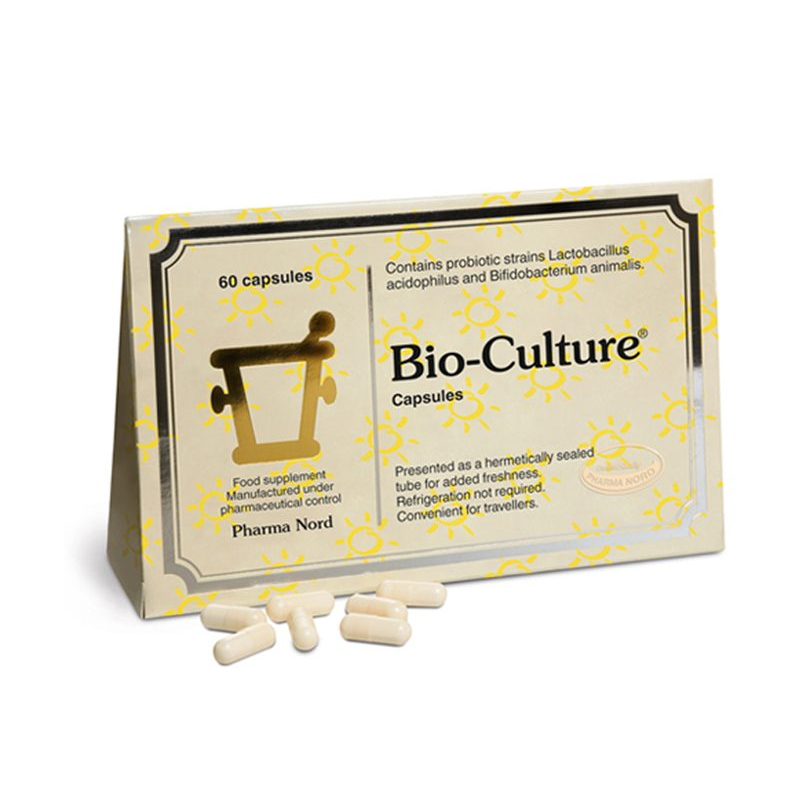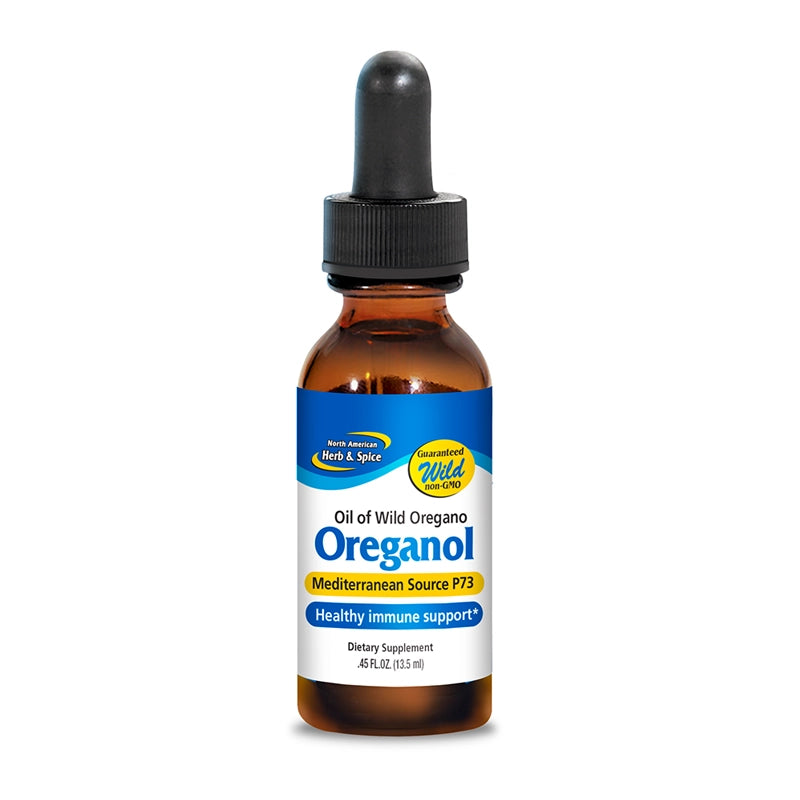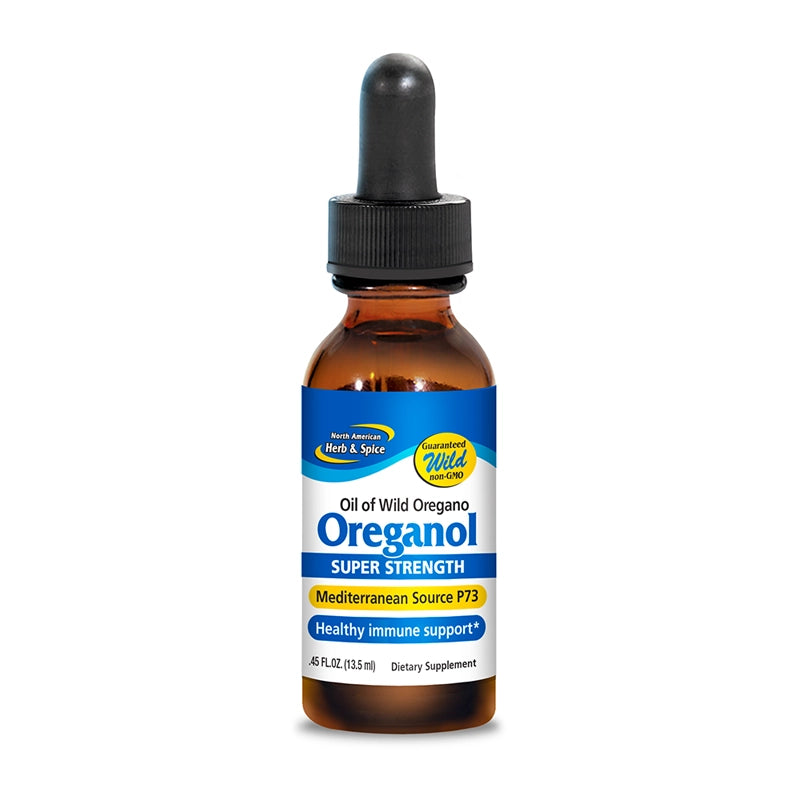Immune Support
Managing immune health for stronger natural defences
Learn how lifestyle changes, nutrition and natural support can help reduce your risk of illness.





What is the immune system?
Is inflammation good or bad?
Frequently Asked Questions
What's the difference between innate and adaptive immunity?
Innate immunity is your body's first line of defence (skin, mucus, white blood cells) and responds quickly to threats. Adaptive immunity is more specific, involving T and B cells that create “memory” of past infections for stronger, faster responses in the future.
What are signs of chronic inflammation?
Persistent inflammation may show up as fatigue, joint pain, digestive problems, skin issues, weight changes, frequent infections, or mood disturbances. Long-term, it increases the risk of cardiovascular disease, diabetes, and autoimmune conditions.
Can supplements replace a healthy lifestyle for immune support?
No. Supplements like AlliTech, Bio-Selenium + Zinc, and VitTech Mega MultiVitamin can support immune health, but they work best alongside balanced nutrition, good sleep, regular exercise, and stress management.
Which nutrients are most important for immune function?
Key nutrients include vitamins A, C, D, and E, as well as selenium and zinc. Omega-3 fatty acids and probiotics also play a role in reducing inflammation and supporting immune balance.
When should I seek medical help for immune-related symptoms?
See a healthcare professional if you experience persistent fever, recurrent infections, unexplained weight loss, chest pain, or symptoms that don’t improve.

